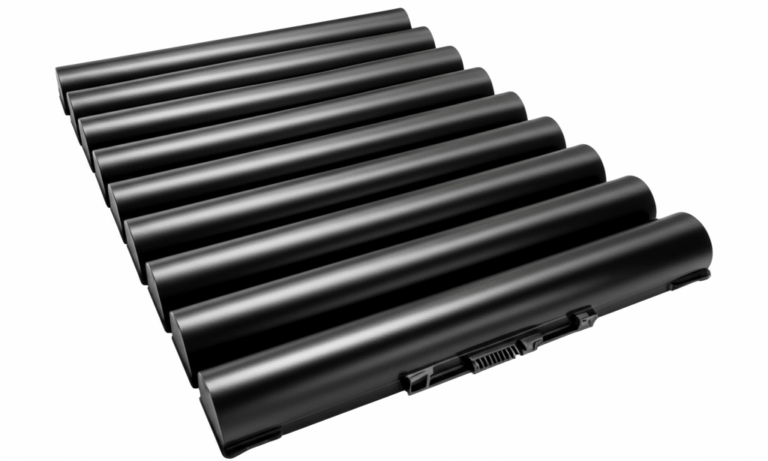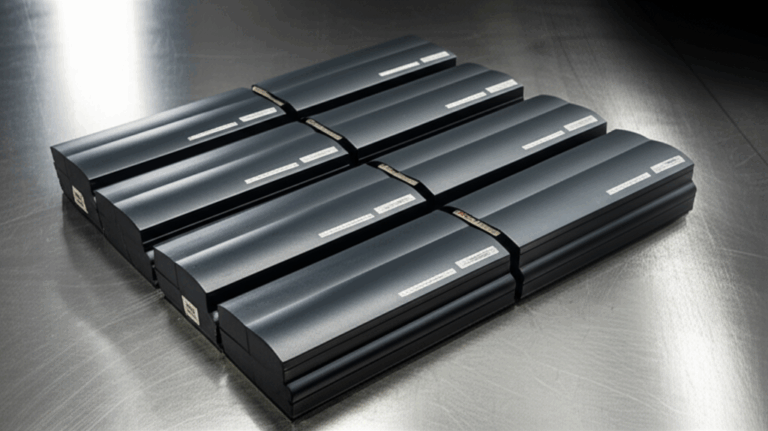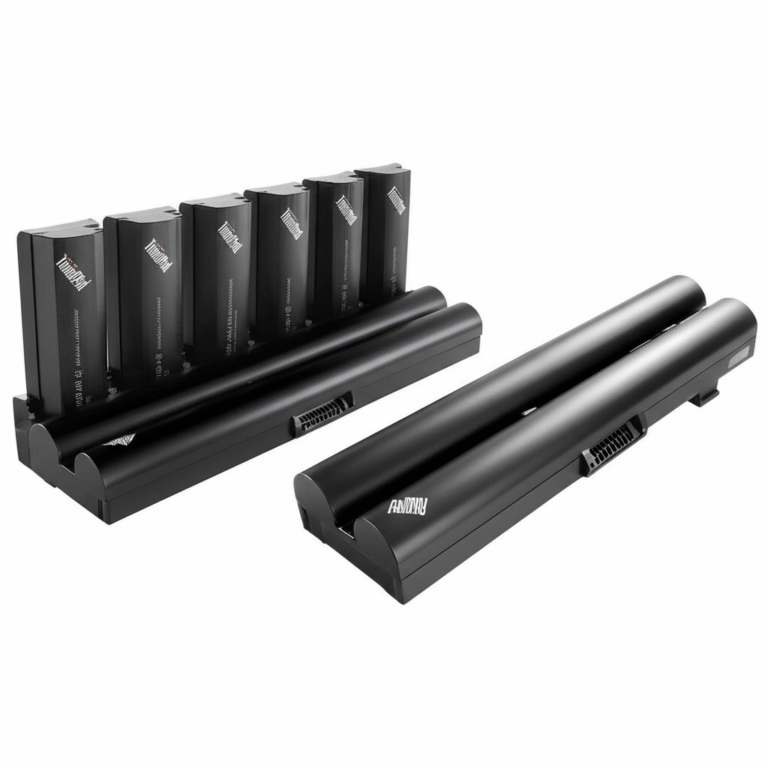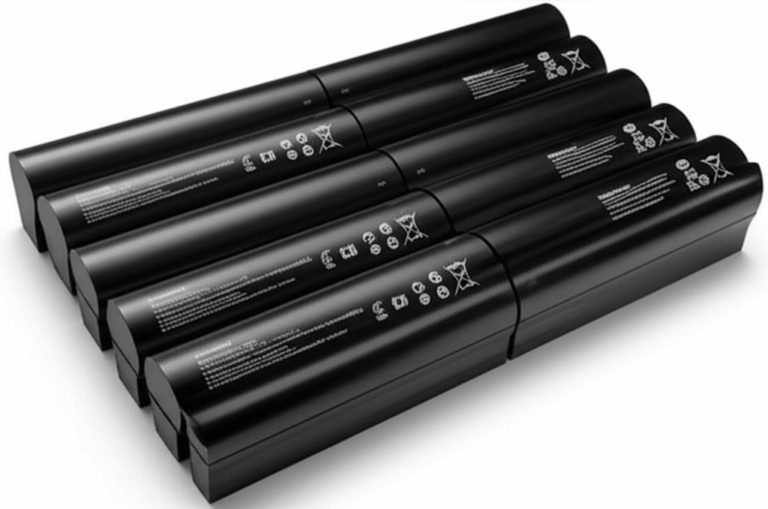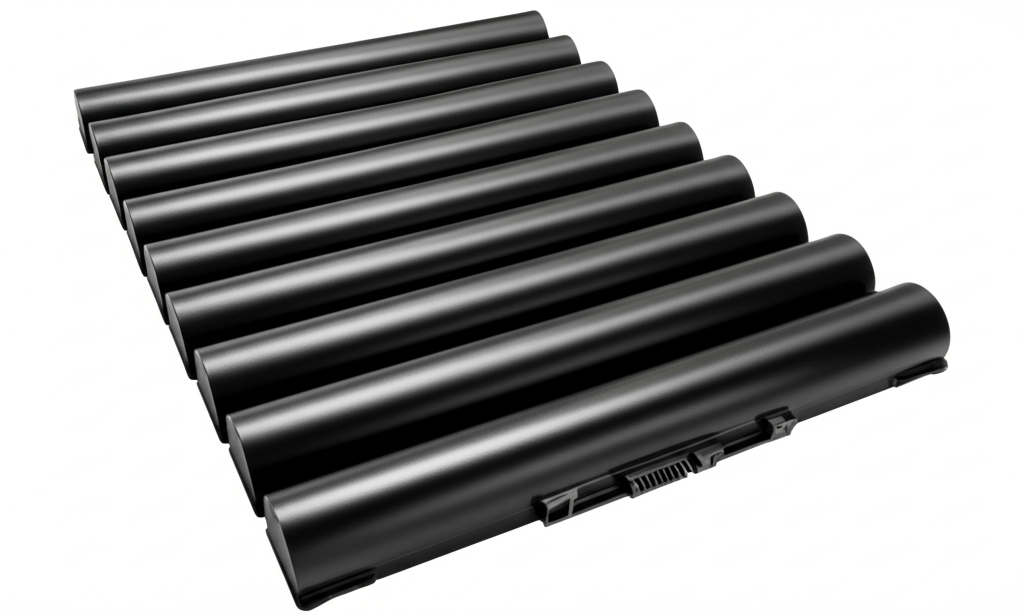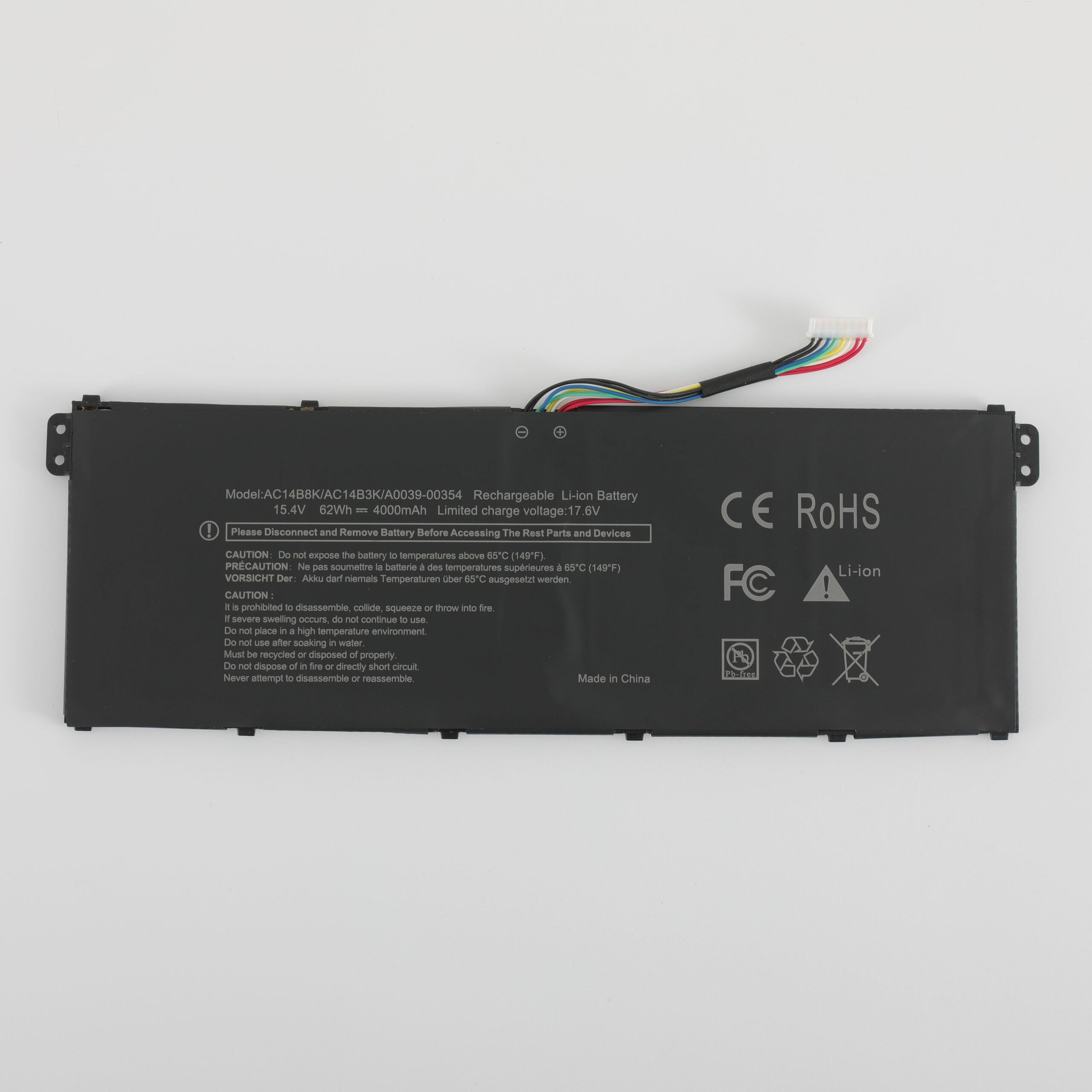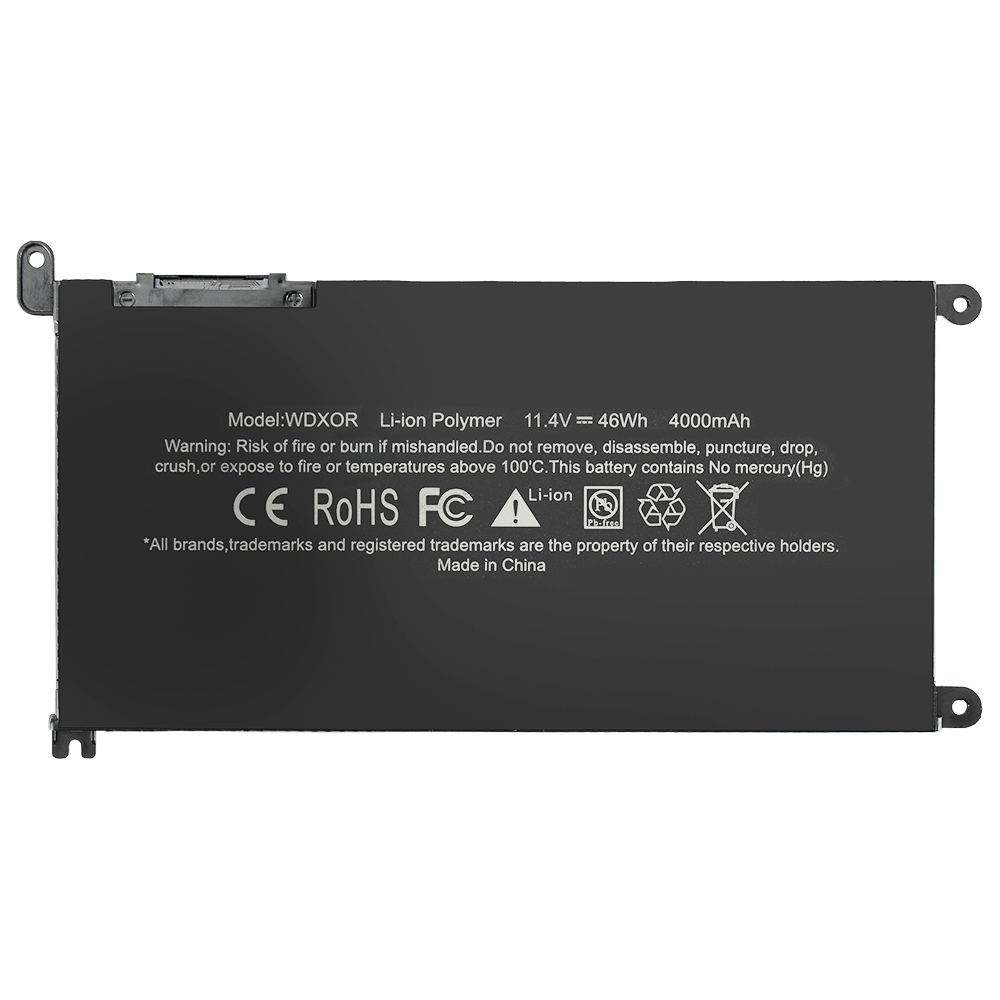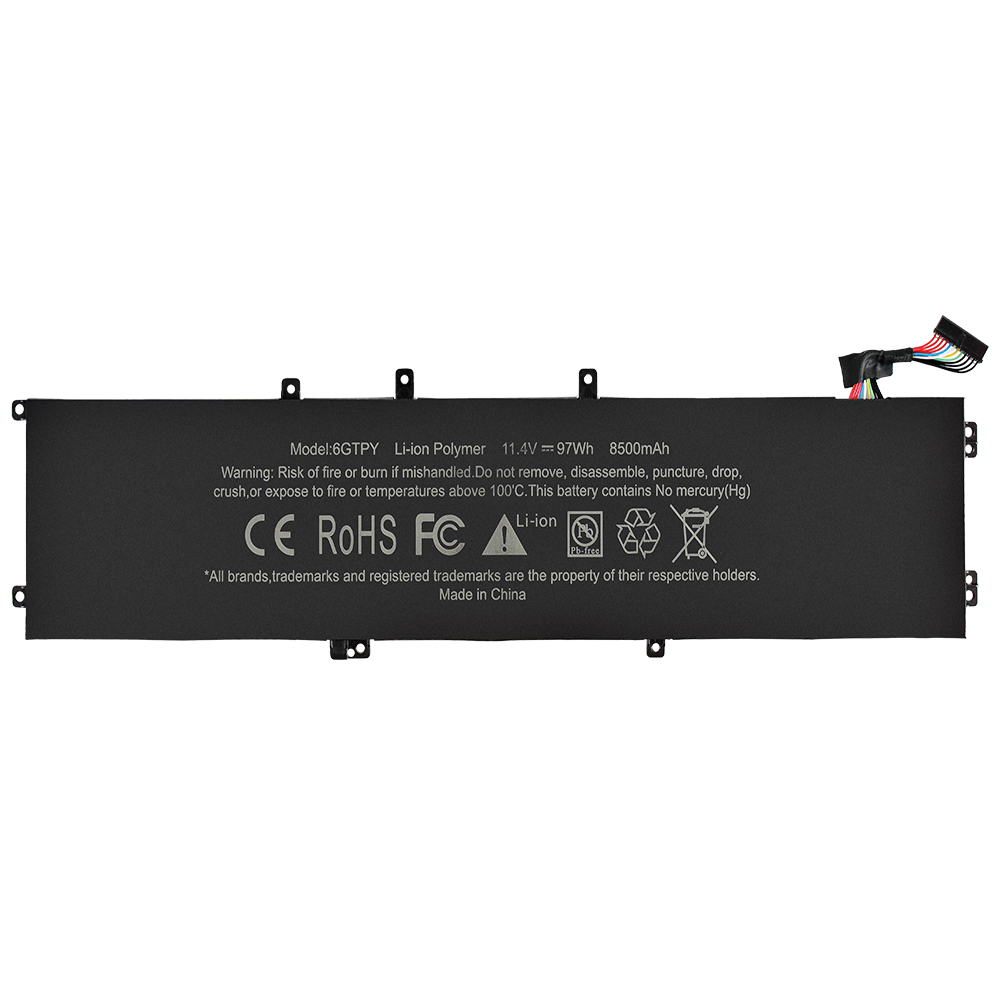-
Longshan 5th Rd, Xingsheng County,Longgang Street, Shenzhen
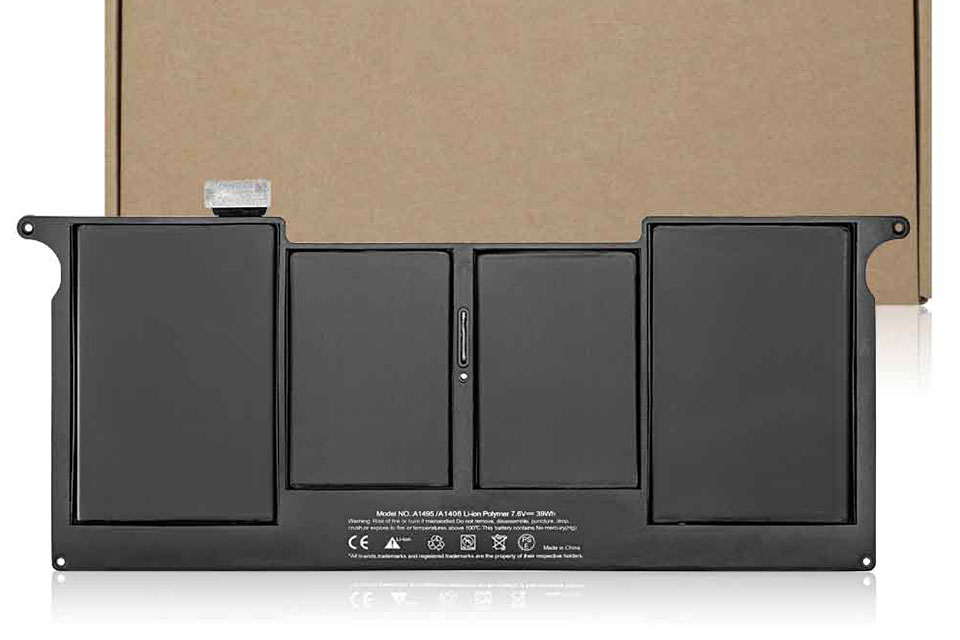
Laptop Battery Safety Standards: What You Need to Know
Table of Contents
Welcome to Battery Safety!
Laptops need lithium-ion batteries. These batteries bring your laptop to life. They are small and strong. But they can get hot or even catch fire if not safe.
You want a safe battery for your laptop. You need to learn about battery safety standards. I will help you understand how to spot a safe battery. I will show you why quality matters. I will also share why SHENZHEN TOPPING BATTERY CO., LTD is your smart choice.
Why Is Laptop Battery Safety Important?
Batteries are full of energy. If you poke them or overcharge them, they can swell up. Sometimes, they make smoke or even cause a fire! This is very dangerous.
Did you know?
- Swelling can mean your battery has gas inside. That’s not safe.
- Thermal runaway can make your battery very hot.
- Overheating happens if you leave your laptop in the sun or keep charging for too long.
- Counterfeit batteries can fail fast. They may explode or start a fire.
Anyone wants their laptop, and their family, to stay safe. Following battery safety rules helps keep us safe.
What Are Laptop Battery Safety Standards?
Big groups like Underwriters Laboratories (UL), International Electrotechnical Commission (IEC), Institute of Electrical and Electronics Engineers (IEEE), and the United Nations (UN) make battery safety rules. These are called standards.
Important Standards Table
| Standard | Who Made It | What It Checks |
|---|---|---|
| UL 1642, 2054 | UL | Battery cell and battery pack safety |
| IEC 62133 | IEC | Portable battery safety |
| UN 38.3 | UN | Transport safety for batteries |
| IEEE 1725 | IEEE | Laptop battery system safety |
Batteries that pass these rules are checked for:
- Fire risk
- Overheating
- Swelling
- Explosion
Certifications like the UL Mark, CE marking, FCC, PSE mark, KC mark, and the China Compulsory Certification (CCC) all show a battery follows these rules.
Understanding Laptop Battery Safety Standards: What You Need to Know
Laptop batteries are powerful components, crucial for our mobile lives. While generally safe, understanding the standards and practices that ensure their reliability is key. These standards are rigorously developed and tested to prevent potential hazards like fire, explosion, and overheating, giving you peace of mind.
Key International & National Standards
UL (Underwriters Laboratories)
Independent safety science company. Key standards: UL 1642 (cells), UL 2054 (battery packs) test electrical, mechanical, and environmental stress.
IEC (Int. Electrotechnical Commission)
Global standards organization. IEC 62133 is crucial for secondary cells/batteries in portable devices, harmonized with UL.
UN 38.3 (United Nations)
Ensures safe transportation of lithium batteries. Tests for altitude, thermal, vibration, shock, short circuit, impact, overcharge, and forced discharge.
What Do These Standards Test For? (Key Safety Tests)
- Short Circuit Test: Simulates internal/external electrical faults.
- Overcharge Test: Ensures battery safety during excessive charging.
- Crush/Impact Test: Evaluates resilience to physical deformation.
- Thermal Cycling: Tests performance under extreme temperature changes.
- Vibration/Shock Test: Mimics stresses from transport and drops.
- Forced Discharge Test: Checks behavior when fully drained below safe limits.
The Role of the Battery Management System (BMS)
The BMS acts as the “brain” of the battery pack. It’s a critical safety component that actively monitors and manages the battery’s performance. Its functions include preventing overcharging, over-discharging, over-current, and overheating, as well as balancing cell voltage to ensure long-term stability and safety. It’s integral to meeting modern safety standards.
What Consumers Should Look For (and Avoid)
- Look for Certification Marks: UL, CE, FCC, etc., on the battery or device.
- Buy from Reputable Brands: Stick to original or authorized replacement parts.
- Avoid Cheap/Counterfeit: Unbranded or suspiciously cheap batteries are risky.
- Beware Non-Certified Chargers: Use original or certified chargers only.
Signs of a Potentially Unsafe or Failing Battery
Swelling/Bulging: Battery pack or laptop case appears distorted.
Excessive Heat: Unusually hot during charging or use.
Unusual Smells: Any chemical or burning odor.
Hissing/Cracking Sounds: Indicative of internal issues.
Rapid Charge Loss: Sudden, significant decline in battery life.
Visible Damage: Dents, punctures, or open seams on the battery/laptop.
Action: If you notice these signs, stop using the device immediately, carefully remove the battery if possible (following manufacturer guidelines), and consult your manufacturer or a certified disposal guide.
Safe Handling, Charging, and Disposal
- Use the original or certified charger for your device.
- Avoid physical damage like dropping, puncturing, or crushing the battery.
- Do not expose your laptop or battery to extreme temperatures.
- Properly dispose of old or damaged batteries at certified recycling centers.
Common Causes of Battery Incidents
*Simulated data based on common reported causes. Actual percentages vary by year and source.*
Laptop battery safety standards are a testament to the industry’s commitment to consumer protection. By understanding these guidelines, recognizing potential warning signs, and practicing safe handling, you play a vital role in ensuring your devices remain safe and reliable. Always prioritize certified products and responsible usage.
How Does a Battery Stay Safe?
Safe batteries use a Battery Management System (BMS). Think of the BMS as a smart guard. The BMS protects your laptop by:
- Stopping overcharge/overdischarge
- Breaking the circuit for short circuits
- Watching temperature
- Balancing battery cells
Batteries need strong enclosures. They must use safe materials like quality electrolytes and separators. Testing at a certified laboratory checks for things like:
- Impact resistance
- Vibration
- Altitude
- Temperature
- Humidity
- Drop
- Crush
- Puncture
What Happens With Bad Batteries?
Unsafe, non-compliant, or counterfeit laptop batteries miss key features. They often have:
- No BMS
- Weak materials
- More chances for battery fire risk
- Problems that void warranties
Battery recalls show us these dangers. Big companies have had to ask users to send back millions of batteries. Fires, burns, or smoke events cost money—and can hurt people.
Simple Steps For Battery Safety
Help your battery last longer. Keep safe by following these tips:
- Use the original charger or a certified adapter
- Do not leave your laptop in the car or in the sun
- Stop using the battery if it gets hot
- Check for signs: swelling, odors, or fast discharge
- Store batteries in a cool, dry place
- Always follow proper battery disposal regulations
- For airplane travel, carry batteries in your bag, not in checked luggage
Do You Need to Worry About Transport Rules?
Yes! The rules for sending laptops or batteries by air are strict. FAA and IATA check for safe transport. UN 38.3 tests every battery before shipment. If it passed, you know it is strong enough for travel.
Ship only safe, certified batteries. Damaged or swelling batteries are not safe to ship.
How Can You Tell If Your Battery Is Safe?
Look at your battery. Do you see safety marks like UL, CE, FCC, CCC, KC mark? These show tests have been passed.
Buy batteries from trusted brands only. Don’t buy the very cheap ones from unknown places. If your battery is swelling, hot, or not working, replace it now.
Find good batteries at trustworthy stores. You can also check out OEM and acclaimed brands like OEM Laptop Battery Factory Battery or see choices for Apple Battery, Lenovo Battery, and HP Battery.
Why Choose SHENZHEN TOPPING BATTERY CO., LTD?
I know your needs. You want safe and certified batteries. You want fast service. You want a partner you can trust.
Here is what I offer you:
- Full OEM/ODM solutions for all your needs
- Fast shipping and quick responses
- Only the best safety standards: UL, IEC, UN 38.3, and more
- Clear safety marks on every battery
- Large production capacity for bulk orders
- Custom help for unique battery needs
When you choose SHENZHEN TOPPING BATTERY CO., LTD, you don’t just buy a battery. You gain a partner in safety and quality. Your laptop, your business, and your customers are all safer.
Our Promise To You:
- Long life
- Secure use
- Reliable power
How Do Safe Batteries Help You?
A safe battery:
- Works longer
- Protects your laptop
- Protects you and your family
- Saves money over time
Quick Battery Safety Facts
| Problem | What Happens | What To Do |
|---|---|---|
| Battery Swelling | Risk of fire | Replace now |
| No Certification | Unsafe | Don’t use |
| Overheating | Might explode | Stop using |
| Cheap, Fake Battery | Can short-circuit | Don’t buy |
Easy Battery Safety Checklist
- Check for safety marks (UL, CE, FCC)
- Don’t use a battery that looks old, puffy, or cracked
- Only buy trusted batteries
- Follow airline rules if you travel
What Kind of User Are You?
Are you a laptop owner, a parent, or a buyer for a school or office? You care about safety, long usage, and ease. It’s hard to know if a battery is safe just by looking at it. Trust experts who test and certify their products.
Browse our top-quality lines like OEM Laptop Battery Factory Battery and more.
Your Safe Battery is Just One Step Away
When you need a new laptop battery, don’t risk it. You need full safety, quick delivery, and a company that cares. SHENZHEN TOPPING BATTERY CO., LTD gives you all this and more—for every laptop brand and every custom need.
References
- UL Battery Safety Standards
- IEC and UN Certification Manuals
- Airline Battery Transport Rules
- Lenovo, Apple, HP, and Dell Battery Safety Guidelines
- CPSC and FAA reports on lithium battery incidents
Stay safe. Stay smart. Choose only certified, reliable batteries. Let SHENZHEN TOPPING BATTERY CO., LTD become your go-to partner for quality and safety—every time.

